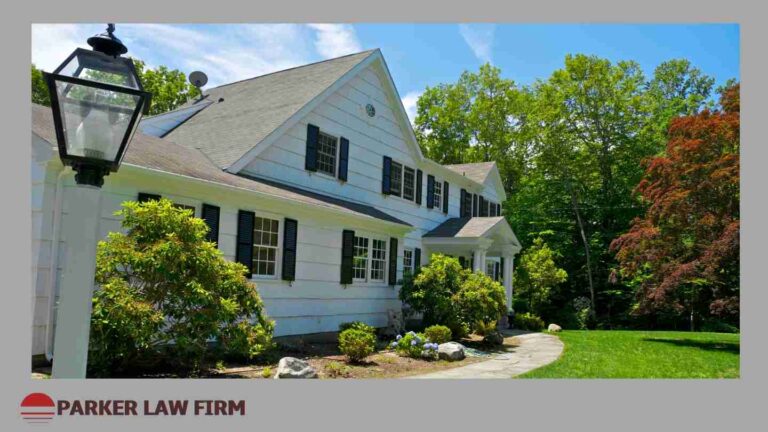

As any Elder Planning Lawyer knows, the question of a life estate may arise, when adult children are discussing the possibility of moving a parent into an assisted-living facility and selling the family home in order to protect the family inheritance.
The Spokesman-Review’s recent article asks: “Does a life estate have cash value?”
The article explains that a life estate is a form of co-ownership. A person’s interest in property is limited to his life, with the property passing to other recipients at his death. The person who holds the life estate is called a life tenant, and those who receive the property at the death of the life tenant are called remaindermen.
The life tenant and the remaindermen both have real interests in the property, but unlike other partnerships or other forms of co-ownership, the life tenant and remaindermen don’t have rights in the property at the same time. Only the life tenant has a current right to possession. The remaindermen’s interest doesn’t become activated, until the death of the life tenant.
A life estate is an actual form of ownership, rather than a right to use. The life tenant—in many cases the parent—“owns” the house until her death. The parent will need to pay the taxes and keep the property in reasonable condition. The life tenant could sell the property, but the buyer would only have rights until she dies. There would be few people who would ever buy the property. No lender would loan mom money against the property because their interest would go away when the life tenant died.
But there is a value to a life estate, and upon sale, the life tenant must be compensated for the sale of their interest. They are valued using the age of the life tenant and the present fair market value of the property.
Although life estates typically end when the life tenant (or another specified person) dies, some specify conditions that can trigger termination. These would cause it to be terminated, even though the life tenant is still alive and well. For example, a life estate may terminate, if the life tenant leaves the home for more than six months. The actual document details any conditional limits that define when the life estate terminates.
Talk with an experienced elder planning lawyer about whether a life estate makes sense for your situation, or if there are alternative strategies that would be better suited.
The 15 minute initial phone call is designed as a simple way for you to get to know us, and for our team to learn more about your unique estate planning needs.

